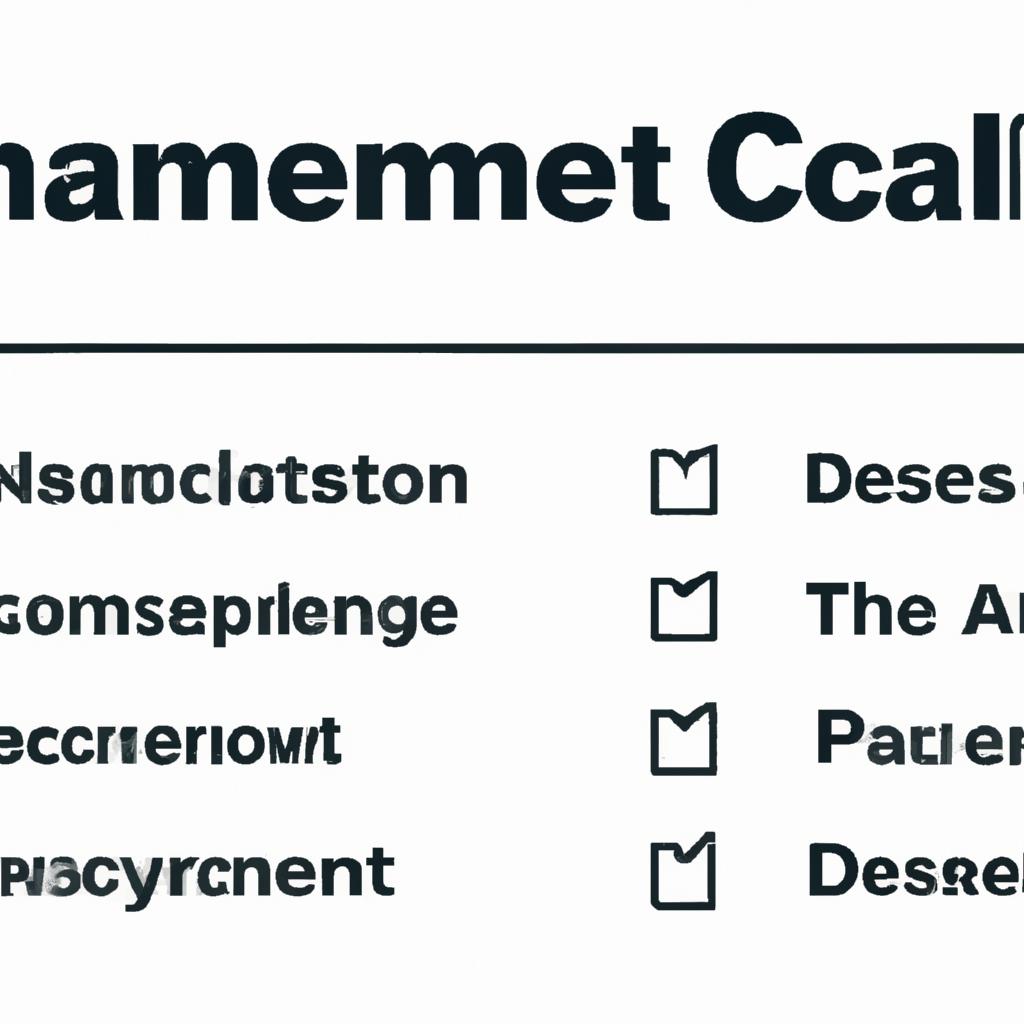In a world where communication shapes our experiences, the art of conversation becomes an invaluable asset, especially in the realm of local bargaining. Whether you’re haggling for a better price at a bustling market, negotiating terms for a service, or simply trying to build rapport with a local vendor, having the right phrases at your fingertips can unlock doors to smoother interactions and more favorable outcomes. “Unlocking Conversations: Master Essential Phrases for Local Bargaining Success” invites you to explore the nuances of effective dialogue that transcends language barriers and cultural divides. This guide will equip you with practical expressions, tips, and insights that not only enhance your bargaining prowess but also enrich your understanding of the local customs and practices that influence these exchanges. Prepare to elevate your conversational skills and engage with your community like never before.
Understanding Cultural Dynamics in Local Bargaining
In the realm of local bargaining, culture shapes the nuances of communication, influencing how parties interact, negotiate, and ultimately reach agreements. Understanding these cultural dynamics is crucial; varied backgrounds and practices can significantly impact perceptions of fairness, respect, and intent. Engaging in conversations with an awareness of local customs can lead to richer exchanges, fostering a more cooperative atmosphere. For instance, in some cultures, the concept of time may differ greatly; what is considered punctual in one might be viewed as rushed in another, so patience and flexibility can facilitate smoother negotiations.
A few key elements in approaching local bargaining include:
- Active Listening: Prioritize understanding the other party’s viewpoints and cultural context.
- Non-Verbal Cues: Body language, eye contact, and gestures can convey respect and openness.
- Clear Communication: Avoid ambiguity; use straightforward language to bridge potential gaps.
- Adaptability: Be willing to adjust your strategies based on cultural nuances.
To aid in navigating these dynamics effectively, consider the following comparison of common phrases used in different cultural contexts:
| Culture | Negotiation Phrase | Interpretation |
|---|---|---|
| Western | “Let’s get straight to the point.” | Direct and efficient approach. |
| Asian | “We may need to take some time to think.” | Encourages reflection and consensus. |
| Middle Eastern | “Let’s build a relationship first.” | Prioritizes trust and connection before negotiation. |

Key Phrases to Enhance Negotiation Confidence
Mastering negotiation involves employing key phrases that can significantly boost your confidence and effectiveness. Using the right words not only sets the tone for the conversation but also positions you as a capable competitor. Here are some powerful phrases to incorporate into your negotiation toolkit:
- “Let’s explore a win-win solution.” This phrase conveys your willingness to collaborate while emphasizing shared benefits.
- “How can we make this work for both of us?” By inviting collaboration, you promote a sense of partnership.
- “I appreciate your perspective, however…” Acknowledge the other party’s viewpoint while gently steering the conversation in your favor.
- “Can you help me understand your position?” This question demonstrates openness and encourages information sharing.
End your negotiations on a strong note with phrases that reinforce your commitment and assertiveness. Closing statements can be just as crucial as opening ones. Consider these effective closers:
| Phrase | Purpose |
|---|---|
| “I look forward to hearing your thoughts.” | Signals openness for further discussion and collaboration. |
| “Let’s summarize what we’ve agreed upon.” | Clarifies consensus and prevents misunderstandings. |
| “I’m confident we can reach an agreement.” | Exudes confidence and project positivity in the negotiation process. |

Strategies for Effective Communication in Diverse Environments
Effective communication in a diverse environment hinges on the ability to adapt and embrace the richness of cultural differences. To unlock successful conversations, it’s crucial to be aware of and sensitive to the nuances of language, gestures, and social cues. Here are some strategies to enhance your communication skills:
- Active Listening: Focus on understanding the speaker’s message rather than thinking about your response. This shows respect and helps to bridge gaps in understanding.
- Use Clear Language: Avoid jargon or idiomatic expressions that may confuse non-native speakers. Opt for simple and direct language to convey your thoughts.
- Be Patient: Give others time to express themselves. Pausing can encourage more in-depth conversations and grants everyone the chance to contribute.
Additionally, employing visual aids can significantly enhance comprehension. When navigating complex topics, consider using diagrams, charts, or images to support your message. Below is a simple table that illustrates effective communication techniques in diverse scenarios:
| Technique | Scenario | Benefit |
|---|---|---|
| Empathy | Negotiating a business deal | Builds trust and rapport |
| Non-verbal Communication | During presentations | Enhances engagement and understanding |
| Feedback Loops | Group discussions | Encourages clarity and collaboration |
In Conclusion
In a world where every conversation is an opportunity, mastering essential phrases for local bargaining can be the key to unlocking doors that lead to success. As we’ve explored in this article, understanding the nuances of language not only empowers you to navigate negotiations with confidence but also fosters connections that can thrive at a community level.
Whether you’re haggling at a bustling marketplace, negotiating terms with a local vendor, or simply engaging in casual dialogue, the right words can make all the difference. As you step into your next bargaining situation, remember that communication is more than just the exchange of words; it’s an art that blends respect, understanding, and adaptability.
So, equip yourself with these essential phrases and approach your next conversation with a renewed sense of purpose. As you engage with locals, you won’t just be bargaining; you’ll be building relationships, bridging cultural divides, and ultimately enriching your own experiences. Here’s to your success and the many fruitful conversations that await!
